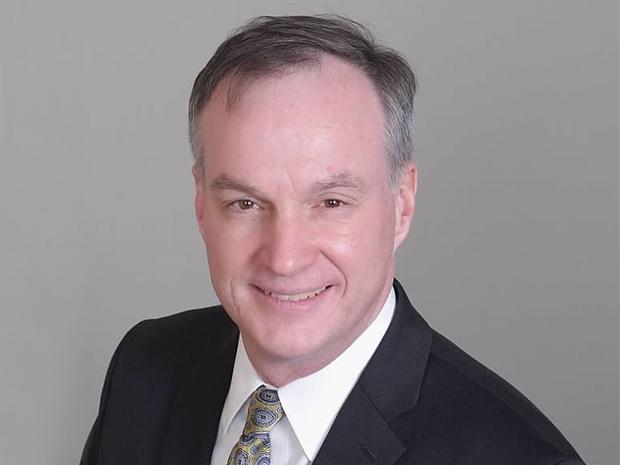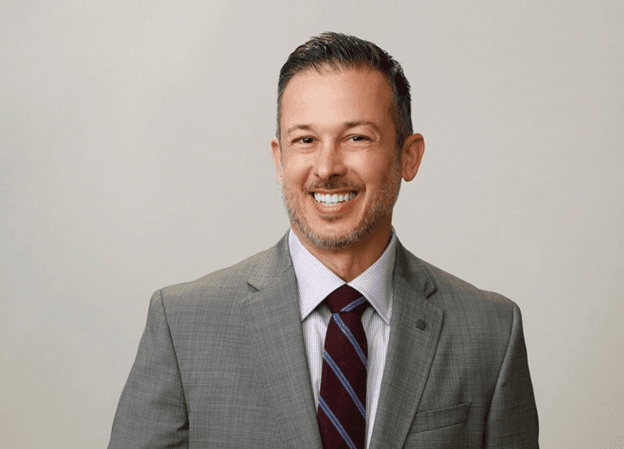39th Annual TEI-SJSU High Tech Tax Institute (2023)
Date: Nov. 29 - 30, 2023
Time: 8:30 – 11:55 a.m. PT
Member
$499.00
Nonmember
$599.00
Members, log in to access your discount.
Overview
The SJSU MST Program manages and co-sponsors three annual tax conferences. The hallmark High Tech Tax Institute started in 1988, is a two-day conference held each November. Speakers and attendees come from around the world. Leading-edge topics relevant to high-tech companies and their tax professionals are addressed by nationally and internationally recognized practitioners and government representatives who have practical experience in implementation. The learning opportunities make the annual TEI-SJSU High Tech Tax Institute an invaluable educational tax experience for accountants, attorneys, and corporate representatives who serve high-technology businesses.
This one-of-a-kind conference will help you stay on top of new rules and issues facing high tech businesses. Don’t miss it.
This is a recording of much of the live conference held on November 6 & 7, 2023 in Palo Alto; speakers will be monitoring the Q&A box at the virtual event.
IRS employees may contact the CalCPA Customer Success Team at (800) 922-5272 to register and receive a discount
Product Code
1000002544
Credit Type
CPE: 12CPE-Technical: 12Format
Virtual
NASBA Field of Study
Taxes
Level of Difficulty
Update
Prerequisites
None
Advance Preparation
None
Learning Objectives
Agenda
8:30 – 8:35 a.m. PT
8:35 – 10:20 a.m. PT
International High Technology U.S. Tax Current Developments
Comprehensive review of developments relevant to high tech companies.
Speaker(s)
David ForstJulia Ushakova-Stein
10:20 – 10:30 a.m. PT
Morning Break
10:30 a.m. – 12 p.m. PT
Capitalizing R&D Expenditures is Odd For Many Reasons and Tax Rules
The TCJA change to capitalize and amortize R&D after 2021 not only affects R&D expenses under Section 174, but also under Section 1297 and for GILTI. There can also be AMT effects. This program covers how to identify R&D to be capitalized, the meaning of software development under new 174(c)(3) and all of the tax rules this change affects.
Speaker(s)
Tony CoughlanKevin Edward DangersTravis RileyCarolyn Smith DriscollPaul F Coates
12 – 12:30 p.m. PT
Lunch Break
12:30 – 1:45 p.m. PT
M&A Deals – What’s New?
This panel will look at unique issues for buyers of partnerships (BA, buying both partnership interests and stock of partner blockers), buying in or out of a consolidated group (ratable elections, -6 liability, unified loss rules), corporate AMT M&A issues and considerations of the stock buyback excise tax.
Speaker(s)
Myra Sutanto ShenJeremy Aron-DineEileen MarshallSarah-Jane MorinBryan Keith
1:45 – 2 p.m. PT
Afternoon Break
2 – 3:30 p.m. PT
Federal Tax Controversy – Where is the $80 Billion?
How will the IRS plan on how to use $80 billion over ten years affect examinations, appeals and taxpayer services. How is the IRS onboarding new personnel? What Covid operational changes remain, such as remote exams and e-signatures. What’s new procedurally due to legislation of the past five years?
Speaker(s)
Robert J. KovacevRoger J BeneschPaul DiSangroChris MurphyKathleen M KruchtenPeter RockStephen Shee
3:30 – 4:30 p.m. PT
Domestic and Multistate Tax Update
Key updates for the past year relevant to tech companies and not covered elsewhere in our program.
Speaker(s)
Dana Louise LanceAnnette Nellen
8:30 – 9:30 a.m. PT
Accounting for Income Taxes
The latest developments and issues including dealing with corporate AMT and new treatment for R&D expenditures.
Speaker(s)
Kelly Renee GeorgiouJared Steven HuishEmily Caroline CashwellJohn Joseph Schneider III
9:30 – 10:45 a.m. PT
We Just Can’t Get Enough of Pillar 2
What progress are other countries making in implementing Pillar 2, what is the effect on international tax planning, and what is going on in the U.S. that companies should be ready for.
Speaker(s)
Dennis Chad HungerfordRobin HartDavid WachutkaMike Wittig
10:45 – 10:55 a.m. PT
Morning Break
10:55 – 11:55 a.m. PT
Focusing on PFICs
This panel will focus on regulatory and statutory issues, the entity versus aggregate approach for calculations, Fintech guidance, and more.
Speaker(s)
Joseph CaliannoSurhbi BordiaWilliam SkinnerDan McCall





